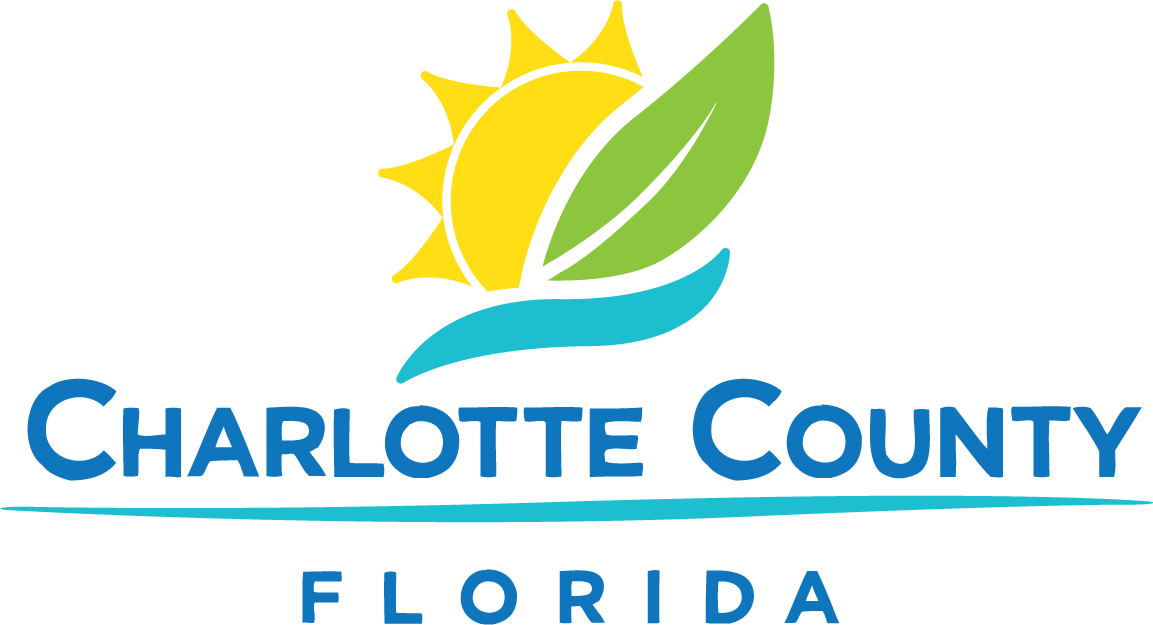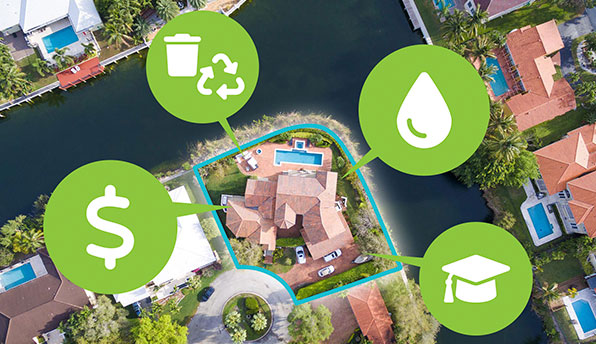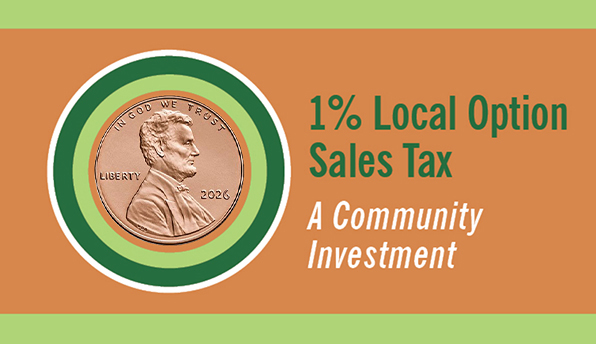Standard homeowner’s insurance policies do not cover damage caused by flooding. Flood insurance is a separate policy that helps protect your property and belongings from flood damage. Here’s what you need to know:
Flood insurance is mandatory for properties with federally backed mortgages located in high-risk flood zones (Special Flood Hazard Areas). Homeowners insurance through the state of Florida’s Citizens Property Insurance is currently phasing in the requirement for flood insurance.
It is also available for properties outside high-risk zones and can be an important safety net, even if you are in a moderate- or low-risk area.
Flood insurance covers both the physical structure of your home and your personal property inside, such as furniture and belongings.
Policies typically have a 30-day waiting period before coverage begins, so it is important to purchase insurance well in advance rather than waiting until a flood is imminent.
The National Flood Insurance Program (NFIP) administers flood insurance policies nationwide and provides tools like the Cost of Flooding Calculator, which helps estimate potential damages and insurance costs.
National Flood Insurance Program Know Your Flood Risk
Protecting Your Property
- Elevate your home: Raising the structure above the base flood elevation reduces the chance that floodwaters will reach living spaces, significantly reducing damage.
- Install flood vents: In non-living areas such as garages, flood vents allow floodwaters to flow through your property, reducing pressure on walls and foundations and helping to prevent structural damage.
- Use flood-resistant materials: Replace or protect parts of your home that are vulnerable to water damage with materials designed to withstand flooding.
- Maintain good drainage: Regularly clear gutters, storm drains, and ditches to ensure water flows away from your property and does not pool near your foundation.
- Sandbags and barriers: These temporary measures can help divert or slow floodwaters during emergencies and provide short-term protection.
Charlotte County may offer guidance or incentives for making flood-resilient improvements to help homeowners protect their properties.
Understanding Building Codes
- Any new construction or major renovation in flood zones requires a permit and must meet current floodplain management standards.
- Buildings must be elevated to or above the base flood elevation as determined by FEMA maps to reduce flood risk.
- Mobile homes and manufactured housing have additional specific requirements to ensure safety in flood-prone areas.
- The "50% FEMA Rule" requires that properties with renovations or repairs exceeding 50% of their market value must meet current flood elevation standards.
- If you plan to build or modify your property, it is essential to consult with the Charlotte County Community Development Department and obtain the necessary permits to ensure compliance with all regulations.






